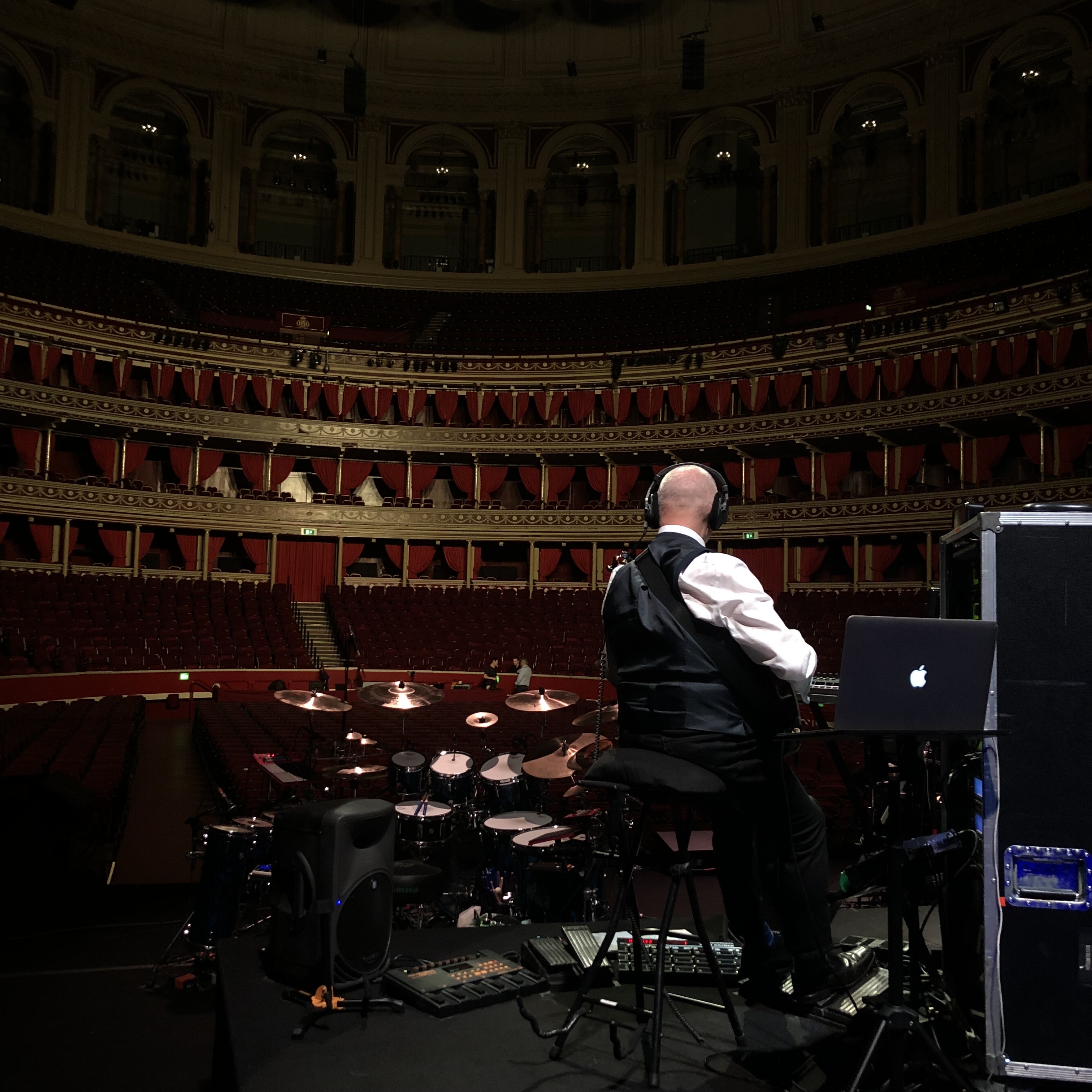Few modern music documentaries approach the kind of magic that is layered throughout Toby Amies’ In The Court of the Crimson King. The British filmmaker and broadcaster’s study of Robert Fripp and his band, King Crimson, is a fascinating exploration of the dynamics – both personal and creative – that have long made Fripp’s musical vehicle a thing of near mythos. Ahead of a screening and Q+A with Amies at Belfast’s Queens Film Theatre on Sunday 16th April, Brian Coney chats to the director about the many challenges, and myriad rewards, of tackling such an inscrutable subject and towering musical…
-
-
In 1972, King Crimson were in a bit of a mess. The band had been one of the leading lights of Britain’s art-rock scene, taking the ideas and recording approach of The Beatles to an extreme undreamed of. Their 1969 debut album, In the Court of the Crimson King, rewrote the book on what rock and roll could do, but line-up changes had destabilised the band over a series of albums to such an extent where the sole remaining member was guitar virtuoso Robert Fripp, everyone else having quit in the midst of a tour, deciding they’d rather play the…
-
There’s a certain school of thought that declares punk rock as the saviour of music, wiping away an era of awful, bloated sounds. It was essentially the ‘Second Coming’ of good music, without needing a ‘First Coming’ to justify that title. “NO FUTURE!” screamed the punks, but what they really meant was “NO PAST”, and over the years, as the music press has become populated by the disciples of punk, this has become accepted as fact. And of all the victims of this cull, none fell further than progressive rock. With the way people listen to music having irreparably changed,…



